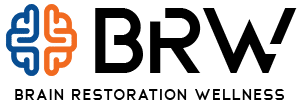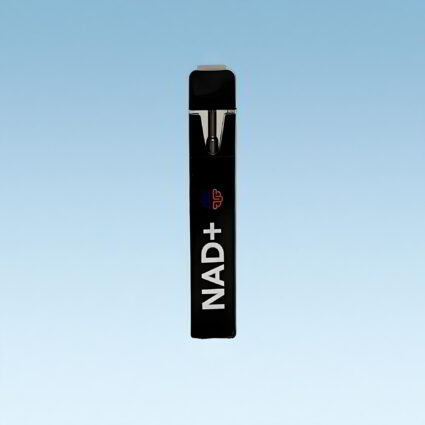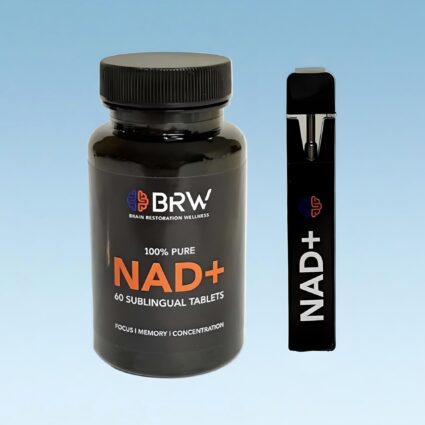Entering a drug rehabilitation program is a crucial step towards recovery for many individuals struggling with addiction. This article will explore how to effectively prepare for drug rehabilitation, providing essential tips for success. Proper preparation can significantly enhance the likelihood of a positive outcome.
Understanding Drug Rehabilitation Needs
Every journey to recovery starts with a clear understanding of one’s needs. Identifying the specific challenges you face and the types of treatment that could address them is crucial. While the internet is replete with information, focusing on credible sources like government health sites can provide reliable data about different rehabilitation approaches.
- Consider the substance you are recovering from and its specific challenges.
- Research different treatment modalities like inpatient, outpatient, and holistic approaches.
- Look into additional therapies that might be beneficial, such as cognitive-behavioral therapy or group counseling.
Setting Realistic Goals for Recovery
Setting goals is a foundational step in the preparation process. Realistic, achievable goals provide a roadmap to recovery, offering motivation and a sense of direction. It’s essential to be honest with oneself about what can be accomplished during rehabilitation.
- Define short-term goals for the duration of the rehabilitation program.
- Set long-term goals for what comes after the program.
- Regularly review and adjust goals as needed to stay on track.
Choosing the Right Rehabilitation Center
Selecting the appropriate rehabilitation center is paramount and can be daunting. Location, cost, program type, and the qualifications of the staff should all be carefully considered.
- Check the accreditation of the facility to ensure quality standards are met.
- Review success stories and testimonials from previous clients.
- Visit the facility beforehand, if possible, to get a sense of the environment and support.

Preparing Mentally and Emotionally
Mental and emotional preparation cannot be overstated. Approaching rehabilitation with a resolved mindset can make a significant difference in the effectiveness of the treatment.
- Engage in pre-rehab counseling or therapy to start addressing underlying issues.
- Practice stress-relief techniques such as meditation or journaling.
- Establish a routine that includes time for reflection and self-care.
Organizing Logistics Beforehand
The logistics of entering a rehab facility can often be overlooked but are vital for a smooth transition.
- Arrange for time off work or school, ensuring you have no obligations during treatment.
- Settle any pressing legal or financial issues to avoid distractions.
- Plan for transportation to and from the rehabilitation center.
Building a Support Network
Having a robust support system can enhance your rehabilitation experience and success.
- Talk openly with friends and family about your journey and how they can support you.
- Connect with support groups where you can share experiences and challenges.
- Ensure you have a point of contact within the rehabilitation facility for any concerns or needs.

Managing Expectations and Fears
It’s natural to have fears and expectations about entering rehabilitation. Addressing these openly can alleviate anxiety and set a positive tone for recovery.
- Understand that recovery is a journey and may come with setbacks.
- Discuss any fears with a therapist or counselor before entering the program.
- Keep an open mind about the treatments and therapies that will be part of your program.
Key Insights from Preparing for Drug Rehabilitation
Successful drug rehabilitation preparation is about more than just packing a bag; it’s about mentally, emotionally, and logistically setting the stage for a successful recovery. Here are the essential takeaways from this discussion:
- Understanding personal needs and setting clear, achievable goals are crucial.
- Choosing the right rehab center and preparing oneself mentally and emotionally can significantly impact the success rate.
- Organizing logistics and building a supportive network are key to a smooth rehabilitation process.
Frequently Asked Questions
- What should I bring to a drug rehabilitation center?
- Bring comfortable clothing, personal hygiene items, and any prescribed medications. It’s also a good idea to bring a journal and books for downtime.
- Can I visit family during drug rehabilitation?
- This depends on the specific program’s rules; some may allow scheduled visits, while others might restrict contact during the initial phase of treatment.
- How do I deal with anxiety before entering rehab?
- Engage in calming activities, talk to a counselor, and maintain open communication with the rehab facility about your feelings and concerns.
- What if I feel like I’m not ready for rehab?
- It’s natural to feel hesitant. Discuss these feelings with a healthcare provider or counselor who can provide guidance based on your specific situation.
- How can I maintain my recovery after leaving rehab?
- Participate in ongoing therapy, join support groups, and possibly engage in an outpatient program to maintain focus and support in your recovery journey.
This guide should help you feel more prepared as you approach your rehabilitation journey, ensuring you are set up for success in this important step towards recovery.














